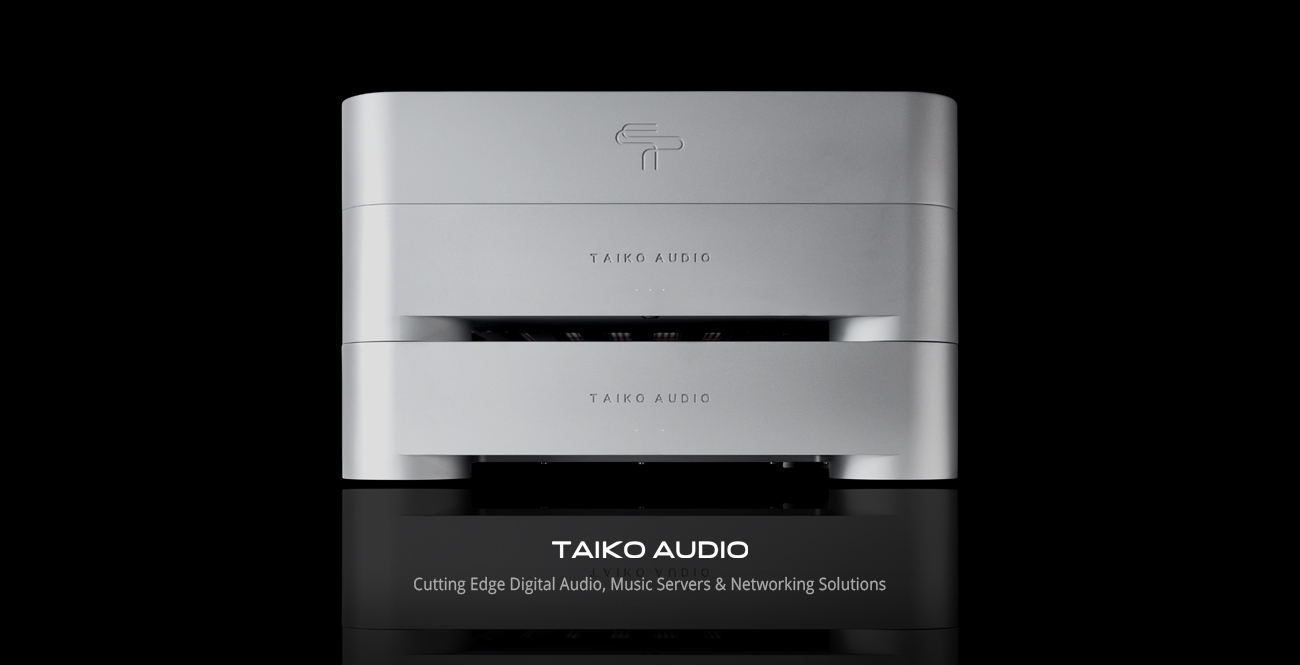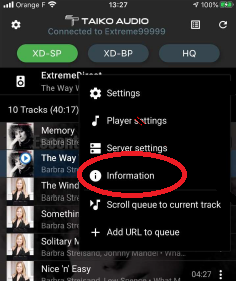When we designed the Extreme about 2.5 years ago, network utilization was rather benign. The effect of your "network quality" was quite minimal. Back then I could just run a 25 meter / 75 foot cheap CAT5 network cable to a 20 Euro Netgear switch and get excellent results. Replacing the switch with a "better quality" one and using audiophile quality network cables was audible, but limited to being a "nice tweak", certainly not worth significant expense. We added a Fiber network card which did provide a small but nice increase in clarity for a very minor additional investment.
But as time passed things changed. A significant increase in network utilization caused by increased functionality provided by music playback software and perhaps an overall higher utilization / usage of network based sources started to increase the effect of your home network layout, up to a point where using higher quality switches became mayor.
With TAS we have found a way to turn back the clock to where we were in the early days of the Extreme as far as network quality sensitivity goes. The magnitude of the SQ delta between Roon and TAS for example therefor partially depends on the "quality" of your network makeup. TAS is simply not very sensitive to it. I am pleased to be able to report you can once again have very good results by just using a standard, non audiophile network setup.
I am going to repeat myself here on another feature of TAS which is the algorithm we developed to ameliorate differences in where your music is sourced from. I cannot take credit for this personally, the idea was concocted by
@EuroDriver during a morning shower and further refined and coded by Wilson. Credit where credit's due. The virgin version was ready for sound testing 6 months ago and showed clear differences, it has gone through multiple iterations since then, and I'm sure it will go through many more in the future as there is no lack of ideas to further improve it. This is a significant invention as it has the
potential to completely remove all and any differences between locations where your music files are sourced from, reducing file storage impact to lower the time it takes for the algorithm to execute it's cycle. This is not just simple file caching, nor a simple play from memory scheme. We do use a ram disk with TAS to store those files but the main reason for that is to reduce the algorithm execution time. As an additional bonus, it also improves playback quality from files on local storage.
So to answer a multitude of questions posted prior to this post, yes we are travelling a road where NAS, Qobuz or other remote storage location playback may become just as good as files sourced from local storage. How close we are right now is up to the BETA testers to cast their verdict on. If a BETA tester finds significant differences, please report those to us so we can investigate and remediate.
The bottom line being, there is a future in sight where you do not have to worry about how you rip your CDs, or where your files are located, or whether you've copied them too often. We will however never be able to remediate differences in mastering techniques. Though perhaps by other means as here's a link to the first recording mastered using an Extreme!
HELMET OF GNATS: TRAVELOGUE



